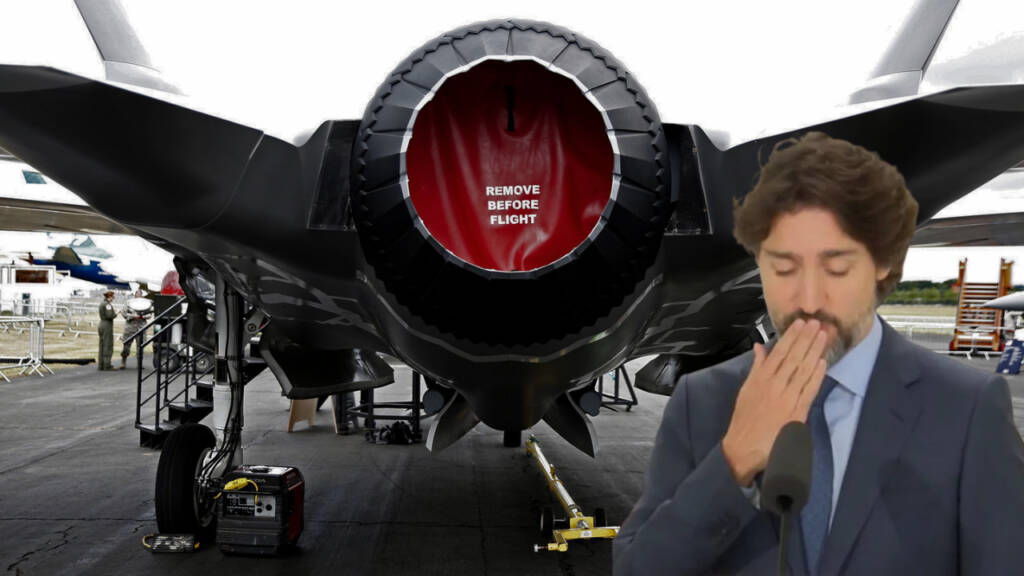From its early days as a British colony to the present, Canada has held a prominent position in the production and innovation of weaponry. The Canadian arms industry thrived during World War II, when Canadian manufacturers rallied to support the war effort.
Over time, Canadian arms industry diversified, producing an impressive array of military hardware, from firearms to armored vehicles and aerospace technologies. Renowned for their top-notch products, such as the C7 Rifles, Canadian arms manufacturers have consistently contributed to domestic defense needs and international security initiatives. However, the future appears bleak.
Just when Canada’s gun restrictions were making headlines, another blow hit the nation—the Canadian arms industry is being systematically dismantled, beginning with the abandonment of military aircraft production.
Canada dismantles its military aircraft
According to a report from the Toronto Sun, a Toronto-area airplane manufacturing plant is facing an uncertain future due to the military’s decision to award a sole-source contract to the America-based Boeing.
Amid offering substantial financial incentives to attract new manufacturing facilities to Canada, the Canadian government is deliberately excluding a Canadian firm from the competition.
In February, Public Services and Procurement Canada issued a request for information to replace Canada’s CP-140 Aurora, an aircraft initially procured in the 1980s for marine patrol. The government expressed its desire for the Royal Canadian Air Force to be equipped with what they referred to as a Canadian Multi-Mission Aircraft or CMMA.
The government recently stated, “The P-8A Poseidon is the only currently available aircraft that meets all of the CMMA operational requirements.”
Additionally, the federal government sent a letter to the American government seeking permission to purchase the Boeing-built aircraft. Although the government claims this letter doesn’t bind them to the P-8A Poseidon, an aircraft built on the 737 platforms, it’s evident that they are strongly leaning in that direction.
According to government sources, this move makes sense since the P-8A Poseidon is already heavily utilized by European nations such as France and the UK. While it may make sense for them, it raises significant concerns about Canadian arms production.
Read More: All 13 Premiers of Canada give Trudeau a wakeup call
The question arises:
One cannot help but question the decision-making process: What exactly is the Canadian government doing? Canadian arm production has been steadily declining for years, with a slight upswing noted in 2021.
However, statistics for the previous two years are still a mystery, giving an opportunity for speculation. The government’s disregard for Canadian aircraft manufacturer Bombardier is even more perplexing.
The airplanes created by Bombardier are cheaper, smaller, more fuel-efficient, have greater flight ranges, need shorter runways, and are proudly manufactured in Canada, utilizing components made in Canada. How the Trudeau administration refuses to take Bombardier’s advice, let alone consider choosing their aircraft over Boeing’s, is still a mystery.
Read More: Congratulations, Canada! Your kids can freely consume cocaine now.
Undoubtedly, Canada is starting to dismantle its weapons system. It appears that Justin Trudeau’s strategy prioritizes developing incompetent males in Canada, guaranteeing that they remain unable to carry weaponry, even though this may be excellent news for the economic relations between the United States and Canada. Perhaps a smart decision, but one that makes Canada insignificant in the context of global defence.
The effects of closing down such a crucial industry will surely be felt, especially given the uncertain future Canadian arms industry confronts. It’s critical to consider the long-term effects and make sure that national defence capabilities and economic possibilities are not compromised as a result of policies that lack long-term consideration.
Watch More:
https://www.youtube.com/watch?v=beA26VpunY8&t=32s
